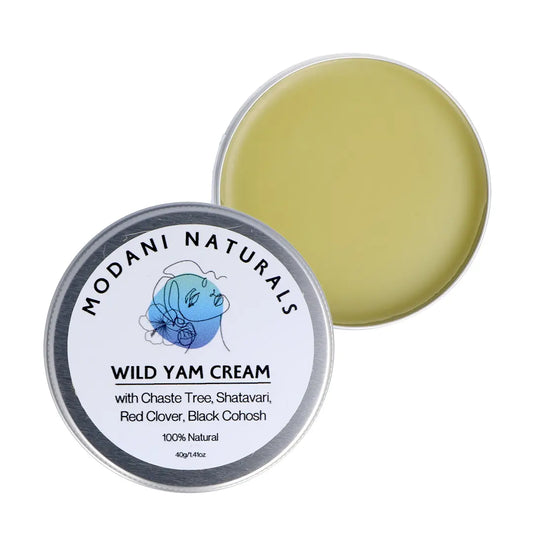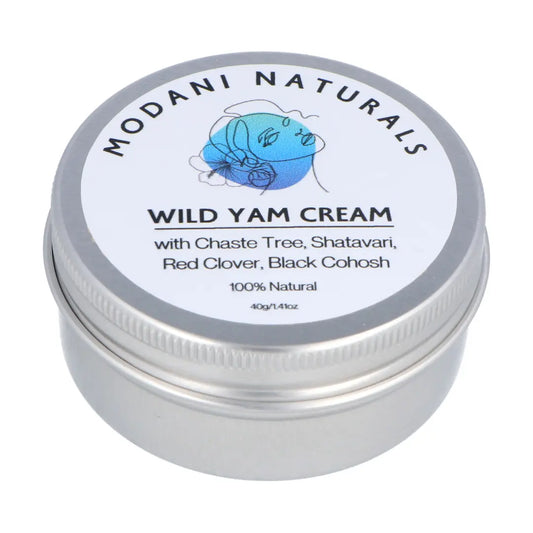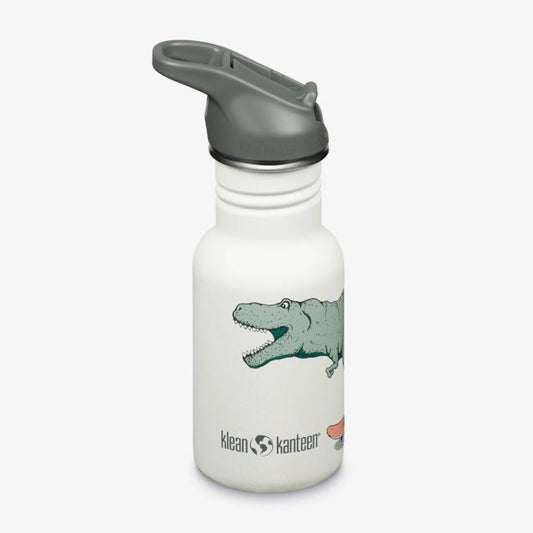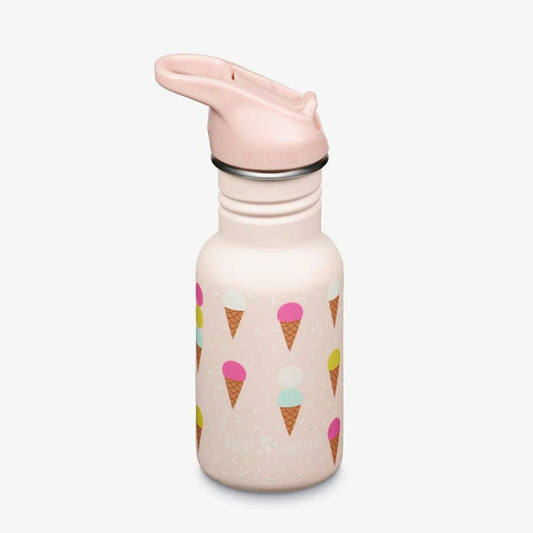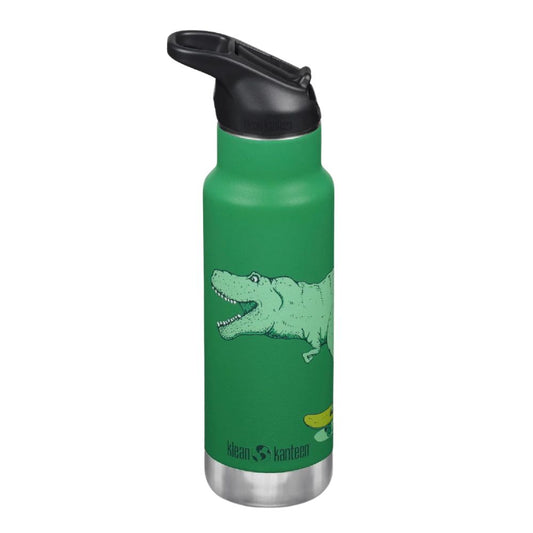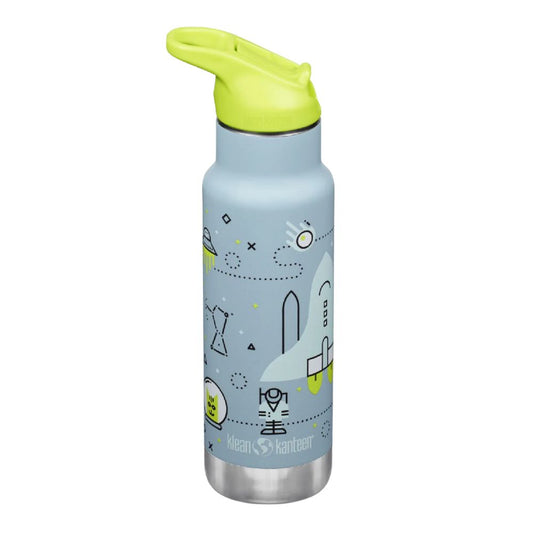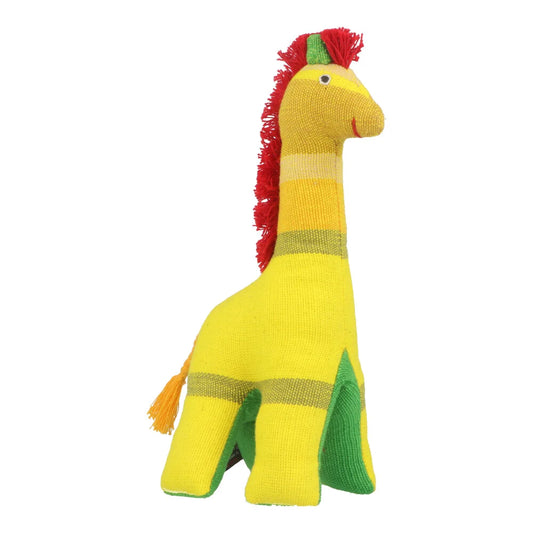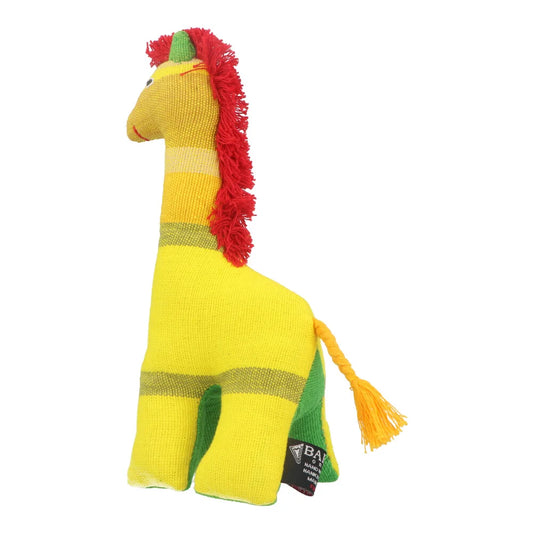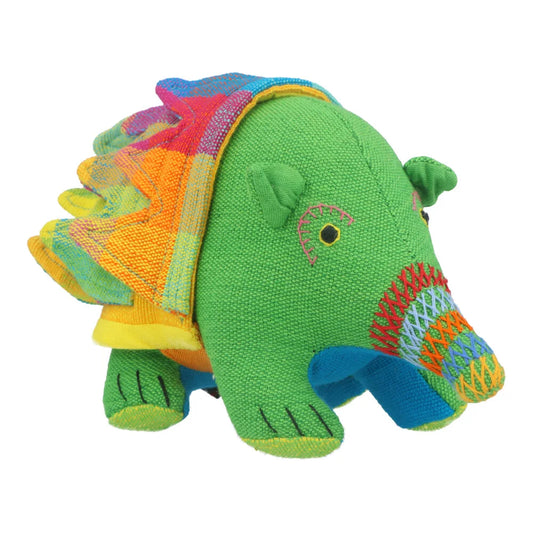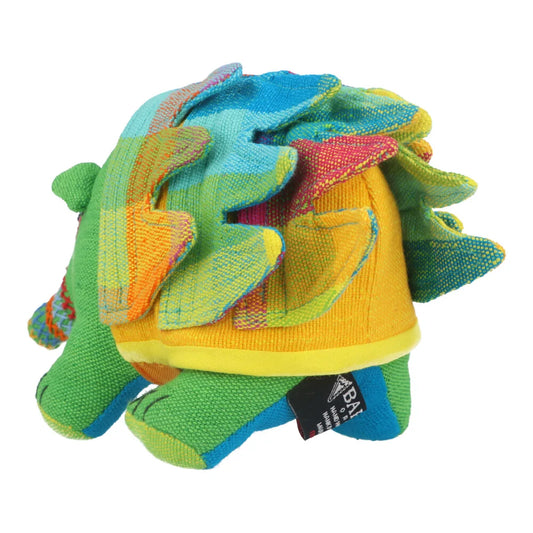Mosquitoes are an inextricable part of the ecosystem in Australia, but that doesn't mean that we have to let them feast on our blood! Not only are they super-annoying (especially at bedtime, when their buzzing can keep you up all night), they can also carry nasty diseases that are harmful to humans and animals.
DEET and other harsh chemical repellents are effective (and recommended when you are at risk of serious diseases such as Malaria and Dengue Fever), but for the mosquitoes where the worst is an itchy bite, why not look at a low-tox natural mozzie repellent option? Invest in growing some plants that repel mosquitoes naturally! Read on as we answer the question: are there any plants that repel mosquitos? Yes, in fact, we have wrapped up a list of the best plants that you can grow in Australia to help repel pesky mozzies and freshen up your world too.
1. Citronella
 One of the most widely known and ever-popular natural mosquito repellents, citronella can be easily grown indoors in a flower pot or on your balcony, just like most herbs, provided that it gets enough sunshine. An important note that Citronella is harmful to dogs, so only grow where dogs can not access.
One of the most widely known and ever-popular natural mosquito repellents, citronella can be easily grown indoors in a flower pot or on your balcony, just like most herbs, provided that it gets enough sunshine. An important note that Citronella is harmful to dogs, so only grow where dogs can not access.
Citronella essential oil is a common repellent with a fragrant scent and is often used for candles and combined with essential oils in homemade bug sprays.
2. Lavender
 Lavender is a beautiful plant that blooms into gorgeous purple bouquets that smell divine! You should definitely grow some in your place, as it is one of the most popular and useful plants in the world. Commonly used (dried and crushed) as an air freshener, this particular plant's essential oil can also help you keep mozzies away. Try crushing some lavender flowers and steeping in a carrier oil, or even just apply the crushed lavender directly onto your skin! For a more potent solution, find lavender essential oil here.
Lavender is a beautiful plant that blooms into gorgeous purple bouquets that smell divine! You should definitely grow some in your place, as it is one of the most popular and useful plants in the world. Commonly used (dried and crushed) as an air freshener, this particular plant's essential oil can also help you keep mozzies away. Try crushing some lavender flowers and steeping in a carrier oil, or even just apply the crushed lavender directly onto your skin! For a more potent solution, find lavender essential oil here.
3. Catnip
 Are you a cat lover? Then this herb will be right up your alley; this plant, which is also known as cataria nepeta, is loved by most cats. It affects domestic kitties and lions alike, even though some of them seem to be immune to its charms. If you don't mind attracting every kitty in the neighbourhood to your yard or garden, by all means try planting some cataria nepeta and watch mosquitos pack their bags and move elsewhere! Try crushing some catnip leaves, to see if you can extract some oil. Catnip essential oil is supposed to be 10 times more potent than commercial spray-on mozzie repellents.
Are you a cat lover? Then this herb will be right up your alley; this plant, which is also known as cataria nepeta, is loved by most cats. It affects domestic kitties and lions alike, even though some of them seem to be immune to its charms. If you don't mind attracting every kitty in the neighbourhood to your yard or garden, by all means try planting some cataria nepeta and watch mosquitos pack their bags and move elsewhere! Try crushing some catnip leaves, to see if you can extract some oil. Catnip essential oil is supposed to be 10 times more potent than commercial spray-on mozzie repellents.
As a side note, catnip, citronella and lavender are members of the mint family, which mostly comprises of plants that seem to have potent insect repellent properties, so you may want to try other similar plants too: spearmint, peppermint, mint, thyme, basil, rosemary, oregano and sage may work well.
4. Organic soybean oil
 A readily available, relatively cheap kind of oil that you can use by itself as a moisturizer, soy oil can be used as a carrier for other essential oils in various spray-on repellent recipes, in order to amplify their potency. It has been proven to provide better and longer lasting mozzie repulsion than citronella! Just make sure that you're working with pure, organic soybean oil, and steer clear from GMOs, just to be safe.
A readily available, relatively cheap kind of oil that you can use by itself as a moisturizer, soy oil can be used as a carrier for other essential oils in various spray-on repellent recipes, in order to amplify their potency. It has been proven to provide better and longer lasting mozzie repulsion than citronella! Just make sure that you're working with pure, organic soybean oil, and steer clear from GMOs, just to be safe.
5. Lemon Eucalyptus
 This is one of Australia's native plants that repel mosquitoes. Lemon eucalyptus (or Lemon Scented Gum) is a traditional natural repellent, that's been used for many years around the world.
This is one of Australia's native plants that repel mosquitoes. Lemon eucalyptus (or Lemon Scented Gum) is a traditional natural repellent, that's been used for many years around the world.
Avoid using any mixtures containing lemon eucalyptus on young children, especially if they're under three years of age. Of course, you may not have the space for a gum tree in your garden, so choose instead Australian made Lemon Scented Gum essential oil.
6. Neem Seed Oil
 Viewed as a weed in various parts of the world, due to its uncontrollable growth and spread, the Neem tree produces valuable seeds, whose essential oil is one of the most powerful natural mosquito repellents out there. Aside from repelling pests, the anti-bacterial and anti-fungal properties of Neem oil also make neem used for skin care, and a pesticide for plant care.
Viewed as a weed in various parts of the world, due to its uncontrollable growth and spread, the Neem tree produces valuable seeds, whose essential oil is one of the most powerful natural mosquito repellents out there. Aside from repelling pests, the anti-bacterial and anti-fungal properties of Neem oil also make neem used for skin care, and a pesticide for plant care.
7. Basil
Just about every herb garden has a basil plant. Basil contains volatile organic compounds that interfere with mosquitoe's sensors. You can also rub the basil leaves directly onto your skin.
8. Lemon Balm
Lemon Balm also contains Citronelllal, and strong lemony scent which bugs do not like.
-------------------------------
None of these plants will create an impenetrable ring of protection around your home to keep mosquitoes away, but they will help with deterring the masses. It is very important to undertake all the other measures to reduce mosquitos numbers including not leaving any water in pots or containers where mosquito larvae can easily breed.
We also recommend using a personal organic mozzie repellent spray, such as Lil Bit Shoo Spray or Biome's Mozzie Mist.
Or a wearable mozzie repellent bands
How to use these herbs in DIY bug sprays
We recommend making your own bug spray, as you will be able to create a mixture that smells great to you, and you will be able to know that all ingredients are 100% natural and pure, so that you can use it to protect even young children from mosquitos!
Of course, our favourite recipe is Biome's Easy DIY Mosquito Repellent Recipe along with
Wellness Mama via http://wellnessmama.com/2565/homemade-bug-spray/ Frugal and thriving via http://frugalandthriving.com.au/2013/say-no-to-the-aussie-mozzie-natural-homemade-mosquito-repellent/
MORE READING
How to get rid of mosquitos naturally
Easy Homemade Calamine Lotion Recipe to Soothe the Bites
Browse Biome's extensive range of essential oils Australia

